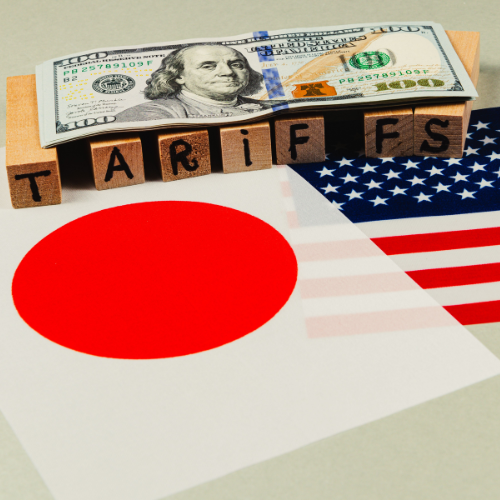Japan and the United States are still trying to work out a trade deal, but Japan says it won’t agree to anything unless all U.S. tariffs are part of the conversation. These extra taxes—especially on cars and car parts—are a major concern for Japan, and the country says it won’t accept a deal that only benefits one side.
On Friday, Japan’s Economy Minister Ryosei Akazawa traveled to Washington to meet with two top U.S. officials: Treasury Secretary Scott Bessent and Commerce Secretary Howard Lutnick. They talked for 130 minutes during their fourth round of trade talks. Afterward, Akazawa told Japanese reporters that both sides agreed to speed up the talks and meet again before the G7 summit in June, where their leaders will also meet.
Akazawa made Japan’s position very clear: “No deal is possible unless all tariffs are included, especially the ones on cars.” Japan’s car industry is one of its largest, and the country is worried about the U.S. imposing a 25% tax on Japanese-made vehicles. In July, another 24% tariff is set to take effect on Japanese goods unless an agreement is reached.
Appeals Court Halts Lower Ruling, Lets Trump’s Controversial Tariffs Stand—for Now
“No Easy Concessions,” Says Akazawa
Japan wants the U.S. to remove all these tariffs, including those on steel, aluminum, car parts, and full vehicles. Akazawa told reporters at the Japanese embassy in Washington that Japan is “strongly urging” the U.S. to cancel the taxes. He said if the U.S. agrees to that, then Japan might be able to make a deal. But without that, “it will be difficult for us to agree,” he warned.
American officials, including Secretary Bessent and Secretary Lutnick, described the talks as “frank and constructive.” They said both countries discussed not only tariffs but also other topics like trade rules, business investments, and economic cooperation. Still, they didn’t reach any final decisions.
Behind the scenes, Japanese government sources said that they never expected an immediate deal. Japan does not want to rush into something that could hurt its economy, especially when it comes to cars, which are a key part of Japanese industry.
Trump’s Trade War Suffers Major Defeat as Court Rejects Tariff Powers
Trade and Technology on the Table
Every meeting between the two countries has included discussion on more than just tariffs. Both sides are also talking about trade rules, ways to make doing business easier, and new areas of cooperation. One key topic is economic security, which includes keeping supply chains strong for items like semiconductors and rare earth materials—both important for tech and manufacturing.
Minister Akazawa also mentioned that he’s watching closely as Japan’s Nippon Steel tries to complete a deal with U.S. Steel, but he said he can’t comment further since the U.S. government hasn’t made any official announcements yet.
As the next round of talks approaches, both Japan and the U.S. are preparing for more difficult conversations. But for now, Japan is holding firm: no easy concessions, and no deal unless all tariffs are fully addressed.


